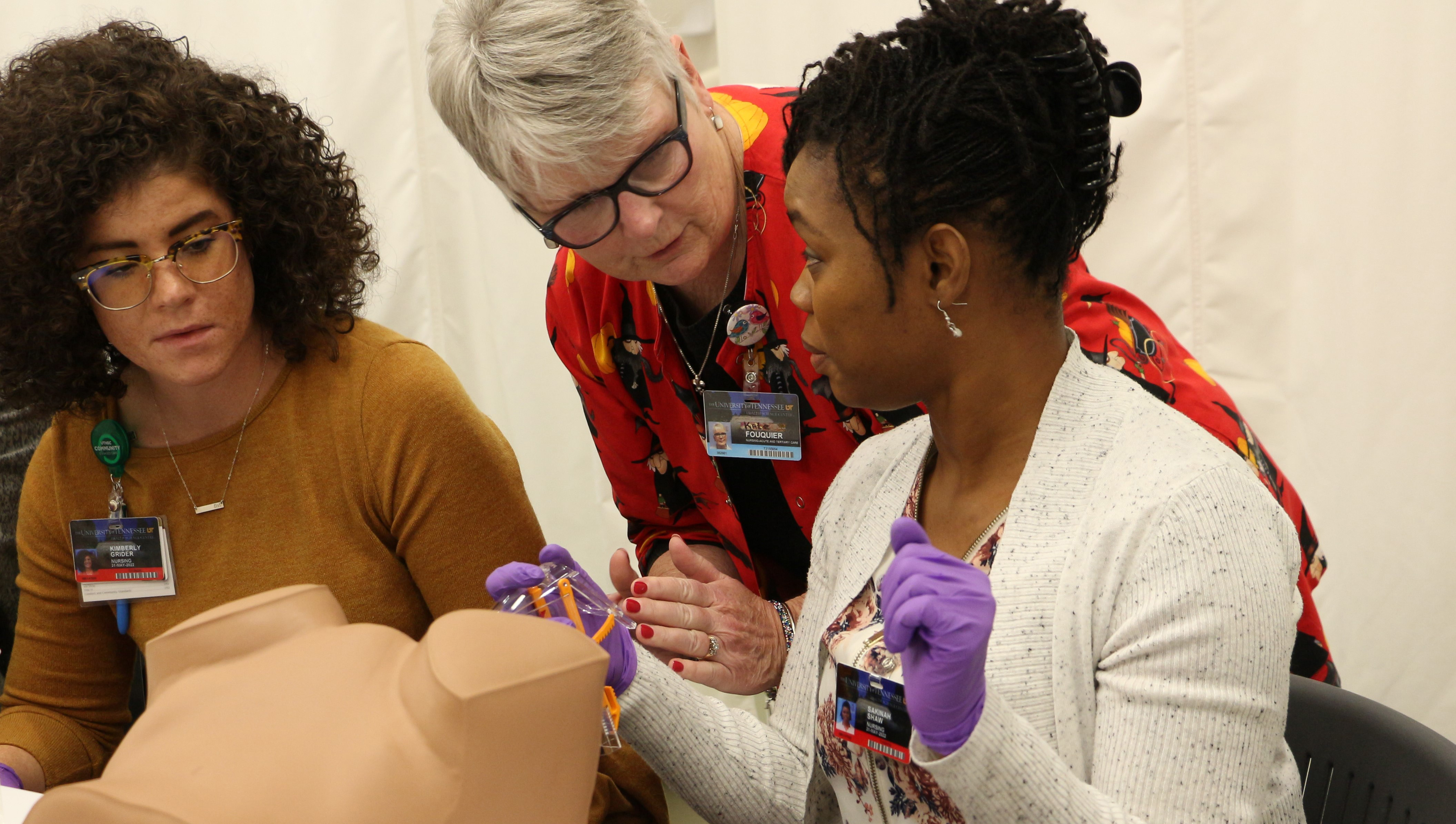DOI
10.21007/con.dnp.2022.0019
Faculty Advisor
Tracy McClinton DNP, AG-ACNP-BC
Clinical Site
Regional One Health
Document Type
Poster
Publication Date
Spring 4-13-2022
Disciplines
Analytical, Diagnostic and Therapeutic Techniques and Equipment | Diseases | Geriatric Nursing | Investigative Techniques | Medicine and Health Sciences | Mental Disorders | Nursing | Other Nursing | Psychiatric and Mental Health Nursing | Psychiatry and Psychology | Therapeutics
Abstract
Purpose/Background Delirium is an acute syndrome characterized by disturbances in cognition occurring in critically ill patients, particularly those over 65 in the intensive care unit (ICU). Numerous risk factors are associated with delirium development, with sleep being a modifiable factor. This review explores existing literature regarding the relationship between sleep deprivation and delirium development while evaluating the effectiveness of a sleep promotion protocol to decrease the incident of delirium in those ICU patients 65 years or older.
Method A literature review of peer-reviewed studies from PubMed and additional search engines was completed. Articles reviewed were published within the last five years, focusing on ICU delirium, sleep deprivation, and the relationship shared between these two factors. Of these articles, eleven reviewed examined the relationship between sleep and delirium development, with several of these articles focusing on the use of sleep promotion protocol to aid in preventing delirium development for patients over 65 in the ICU.
Results A mixture of studies was utilized for this review, including randomized control trials, meta-analysis, and qualitative data. Each article reviewed in the study sample (N=11) demonstrated a relationship between sleep deprivation and delirium development. In addition, six articles proposed a statistical correlation between sleep deprivation and delirium development, while eight articles revealed a reduction in delirium development when utilizing a sleep promotion protocol. Overall, utilizing different levels of evidence supports the effectiveness of implementing a sleep promotion protocol towards decreasing the development of ICU delirium for those patients 65 years or older.
Implications for Nursing Practice The results from this review demonstrated relevant data regarding using a sleep promotion protocol to decrease the incidence of delirium development. Modifications of risk factors such as sleep deprivation are non-invasive, risk-free, and low-cost strategies that are beneficial towards preventing and managing delirium within the ICU setting, primarily when incorporated as part of a multicomponent plan.
Recommended Citation
Howell, Cynthia MSN FNP-BC; Murillo, Stacy MSN FNP-BC; Wilson, Amy MSN FNP-BC; and McClinton, Tracy DNP, AG-ACNP-BC , "Sleep Deprivation and Delirium Development in the ICU" (2022). Doctor of Nursing Practice Projects. Paper 19. http://dx.doi.org/10.21007/con.dnp.2022.0019.
https://dc.uthsc.edu/dnp/19
Abstract
Included in
Diseases Commons, Geriatric Nursing Commons, Investigative Techniques Commons, Mental Disorders Commons, Other Nursing Commons, Psychiatric and Mental Health Nursing Commons, Therapeutics Commons


